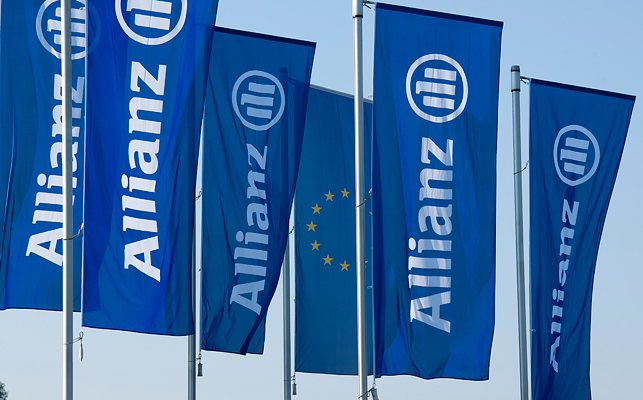With detailed data from the vehicle, completely new insurance offers can be provided and new services made available in the future. “In case of an accident, it would be possible to automatically record the extent of the damage in real time by evaluating position data and data from crash sensors. Allianz could immediately inform a towing service, reserve a rental car, order suitable spare parts and make a workshop appointment for our customer. In the case of serious accidents, medical assistance could be provided,” Röhler said.
“In the past, the customer had to inform us. In the future, we’d contact our customers proactively, providing relief when customers need us most.”
Röhler also pointed out that by using car data, Allianz can offer the fairest possible price to every customer. “We can calculate insurance offers that are significantly more risk-adjusted, taking into account both the driving style and whether the vehicle is equipped with safety systems and whether those are switched on or off. At the same time, the sensor and camera data can be used for the proper, correct and fair investigation of an accident and for liability clarification,” Röhler said.
Data sent directly from the vehicle will take on special significance when autonomous and AI-supported systems control the vehicle in the future. “Those affected – as well as society – have a right to know whether the human or the machine caused the accident,” Röhler said.
A recent Allianz survey conducted in five European countries shows that a majority of car drivers are willing to share their car data with their insurer if they receive comprehensive service support in return: in Germany it’s 53 percent, in Great Britain even 61 percent. “This is a very important message for us, which we can be proud of: our customers know that they can trust us, because we will handle their data with care and in their own best interest,” Röhler said, commenting on the survey results.


